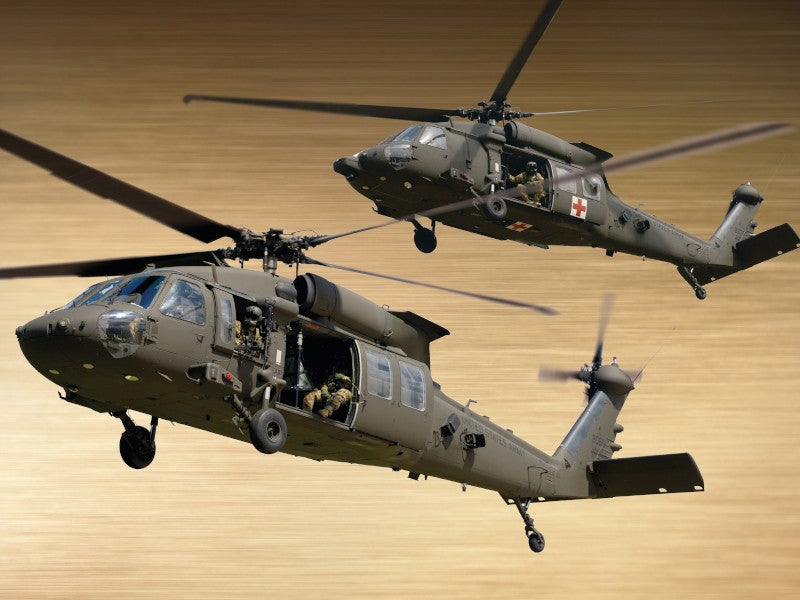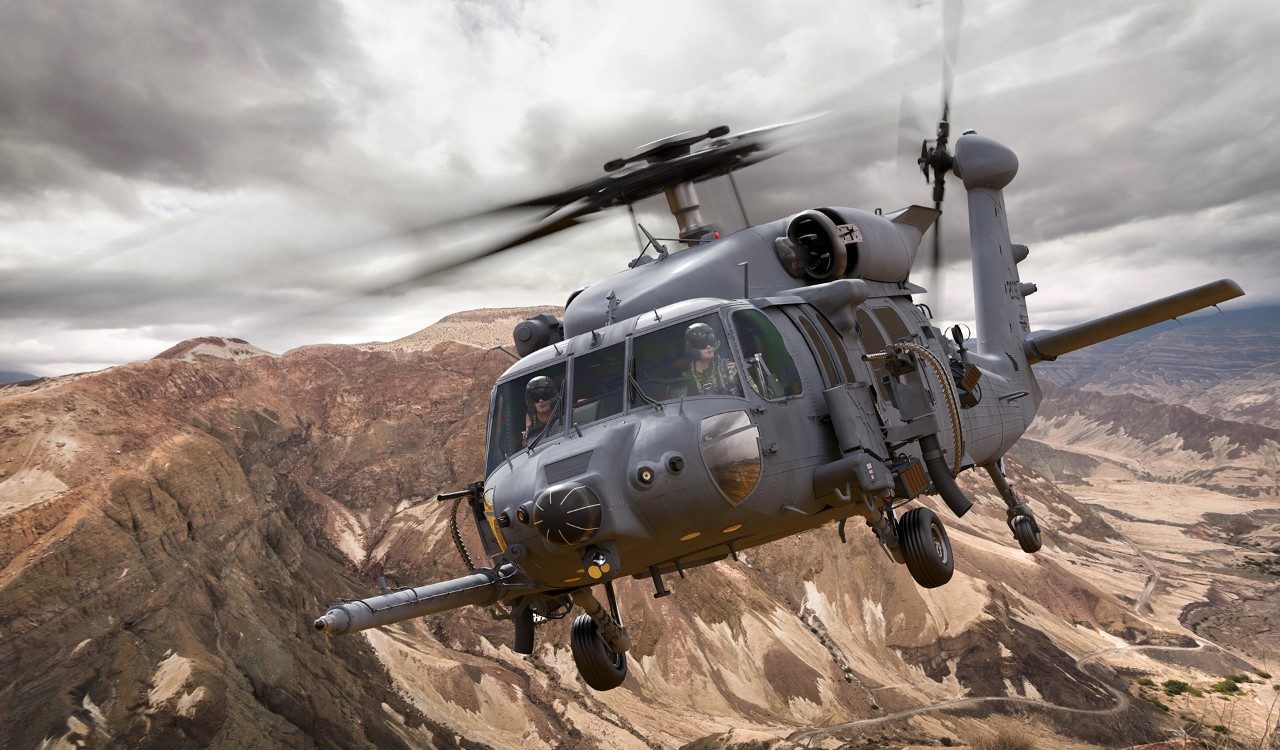UH 60 Black Hawk: Army Helicopter Functions and Abilities
UH 60 Black Hawk: Army Helicopter Functions and Abilities
Blog Article
The Function of Airplane fit International Transportation and Profession Characteristics
The advancement of aircraft has actually indelibly changed international transport and trade characteristics, helping with unmatched levels of connection and effectiveness. With the establishment of robust air freight networks, services can currently browse international markets with impressive rate and dexterity, therefore redefining supply chain strategies. Nonetheless, this improvement is not without its difficulties, as the aviation industry faces sustainability concerns and regulative pressures. As we discover the complex influences of aircraft on global profession, it is important to take into consideration just how these factors will certainly form the future landscape of aeronautics and its function in the economic climate.

Advancement of Air Transport
The advancement of air transport has actually been marked by significant technological advancements and advancements that have actually changed the method individuals and goods move across the world. From the Wright brothers' initial powered flight in 1903 to the advancement of supersonic jets, each turning point has actually highlighted the ruthless search of efficiency and speed in flight. Early aircraft were mainly rudimentary, restricted by engine power and structural integrity. The intro of sophisticated products and the rules of aerodynamics in the mid-20th century led to substantial enhancements in airplane performance, security, and dependability.
The last component of the 20th century witnessed the emergence of industrial aviation as a sensible setting of transport, identified by the intro of jet engines, which reinvented air travel by substantially minimizing flight times. Furthermore, innovations in navigation and interaction technologies have boosted functional performance and security, enabling even more complicated trip paths and timetables. The increase of air freight in parallel with guest solutions has actually even more highlighted the versatility of aeronautics. As we want to the future, emerging technologies such as autonomous and electric aircraft guarantee to redefine the air transportation landscape, ensuring ongoing advancement and adjustment to global needs.
Influence on Global Profession
Air transport has exceptionally improved global trade by facilitating the swift activity of goods throughout substantial ranges. This expedited logistics capacity permits businesses to react quickly to market demands, thereby boosting supply chain effectiveness. The ability to move perishable items, high-value products, and time-sensitive items has opened brand-new markets and chances for numerous industries, substantially affecting profession patterns.
In addition, the advancement of air cargo networks has promoted globalization, making it possible for firms to resource products and items from different components of the globe flawlessly. This interconnectedness decreases lead times and expenses, permitting services to continue to be competitive in a significantly worldwide market. In addition, air transportation plays a crucial duty in ecommerce, where consumer expectations for fast distribution have actually driven a surge in demand for air products services.
The effect of aircraft on worldwide profession prolongs to the development of calculated trade routes, connecting regions and helping with global partnerships. Countries that purchase air transport framework often experience improved financial development and increased international direct financial investment. In general, the advancement of air transport has not only transformed the logistics landscape yet has likewise come to be a vital part in the characteristics of global trade.

Economic Advantages of Aeronautics
A durable air travel industry generates significant financial benefits, adding to task creation, tourist, and total financial development - uh 60. The aeronautics market supports countless tasks internationally, ranging from straight work in airports and airlines to indirect functions in fields such as friendliness, transport, and logistics. According to market records, for every work in the aeronautics market, approximately 3.5 added tasks are created in the more comprehensive economic situation
Tourism is a critical component of the financial advantages acquired from aviation. Air travel facilitates global tourist, permitting tourists to explore varied locations, which subsequently stimulates local economic internet climates. Countries that buy their aviation framework typically experience boosted tourist arrivals, resulting in higher costs on services such as resorts, attractions, and restaurants.

Furthermore, air travel improves worldwide connectivity, allowing organizations to access new markets and resources successfully. This connectivity cultivates worldwide profession, permitting the quick movement of items, which is essential in today's globalized economic climate. Consequently, markets such as e-commerce and manufacturing benefit profoundly from reliable air transport, further driving economic growth. Generally, the aviation market continues to be a keystone of economic vitality, emphasizing its essential role in forming contemporary economic climates.
Obstacles Facing the Aeronautics Industry
Navigating an intricate landscape of regulative, ecological, and economic challenges, the aeronautics sector faces significant obstacles that endanger its sustainability and growth. Regulations bordering security and security are continually developing, necessitating ongoing conformity and adaptation from suppliers and airline companies (uh 60). This can lead to enhanced my website functional expenses and resource allocation that interferes with innovation and growth efforts
In addition, environmental concerns have actually become extremely important, with expanding scrutiny over carbon emissions and sound contamination. The industry is under pressure to embrace greener innovations and techniques, which commonly call for significant financial investment in study and development. Stabilizing these environmental obligations with the need for flight offers a considerable obstacle.
Economic variations, such as increasing gas rates and geopolitical unpredictabilities, additionally complicate the landscape. Airlines regularly grapple with volatile operating expense and rising and fall passenger demand, which can impact productivity and long-lasting planning. Labor lacks and ability spaces in vital areas add one more layer of intricacy, hindering functional effectiveness.
Inevitably, addressing these diverse challenges is vital for the air travel market to maintain its pivotal function in global transport and trade, while making sure strength and flexibility in a significantly open market.
Future Fads in Air Travel
Moving and emerging modern technologies customer preferences are positioned to reshape the future of air traveling significantly. The combination of expert system and equipment discovering is expected to improve operational efficiency, streamline flight terminal over at this website processes, and boost consumer solution. Anticipating analytics will certainly facilitate much more exact need forecasting, permitting airline companies to optimize trip schedules and rates versions.
Sustainability is becoming a vital chauffeur in flight, with the aviation industry significantly concentrated on minimizing carbon discharges. Advancements in aircraft style, such as hybrid and electrical propulsion systems, are being explored to satisfy ecological targets. The fostering of lasting air travel fuels (SAFs) is anticipated to play an important function in achieving net-zero exhausts by 2050.
Customer preferences are moving towards personalized travel experiences. Airlines are buying advanced data analytics to tailor solutions and enhance customer involvement, making certain a more customized journey from scheduling to arrival. Additionally, the surge of remote job might lead to increased demand for recreation traveling, as people look for to integrate job and holiday.
Verdict
The development of air transport has actually transformed global trade, generating considerable financial advantages while likewise offering difficulties that need strategic management. The ongoing adaptation of the aviation industry will certainly be necessary for sustaining its payments to the global economic climate.
The latter component of the 20th century experienced the emergence of business air travel as a feasible mode of transportation, characterized by the introduction of jet engines, which transformed air travel by substantially lowering trip times. The surge of air cargo in parallel with passenger services has better underscored the adaptability of aviation. Furthermore, air transport plays an essential function in shopping, where consumer expectations for quick delivery have driven a rise in need for air freight solutions.
Generally, the evolution of air transport has not only transformed the logistics landscape however has likewise become an essential component in the dynamics of global trade.
Sustainability is becoming a vital driver in air travel, with the aeronautics industry progressively focused on minimizing carbon exhausts.
Report this page